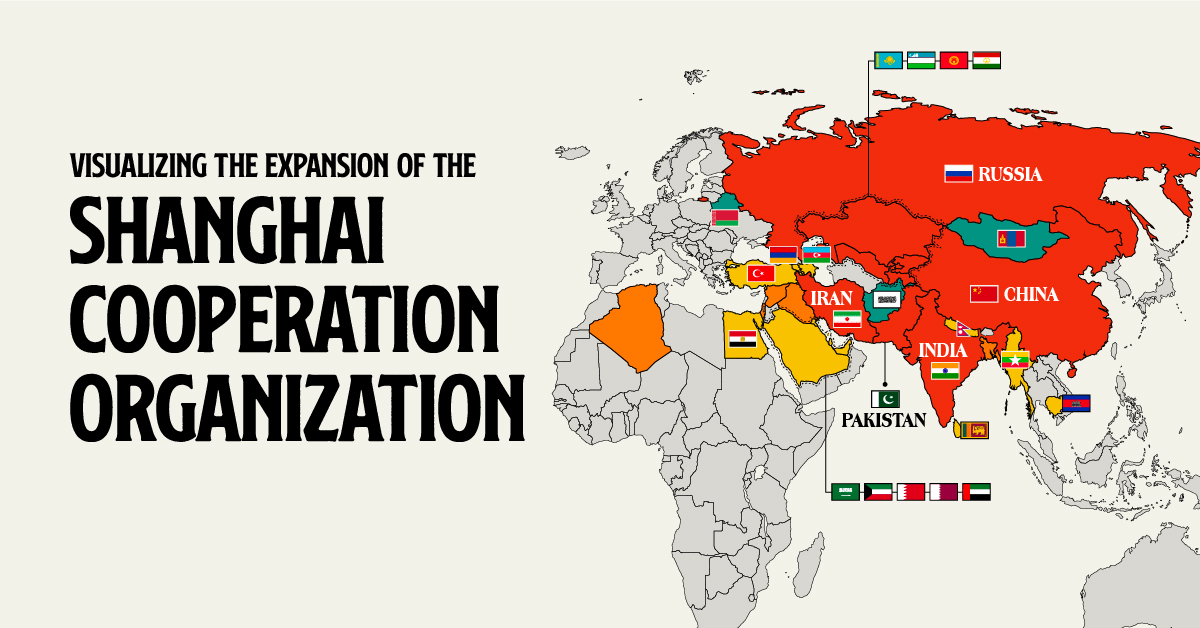Two hours. That’s all it took for the latest US-EU negotiations to hit a wall, leaving European counterparts deeply frustrated and, frankly, in the dark. The core issue? The Americans are playing their cards way too close to the chest. It’s not merely a lack of clarity; it’s an active obscuring of intentions.

Frankly, it’s infuriating. We’re talking strategic partnerships here, not a poker game! But let’s be real, Washington seems to prefer keeping its allies guessing. And that’s a dangerous game, especially in the current geopolitical climate. Are they aiming for a complete restructuring of trade relations? Or is this a pressure tactic? No one knows.
Now, let’s quickly break down why this opacity is so worrying. First, a lack of transparency erodes trust – the cornerstone of any successful, long-term alliance. Second, it hinders effective policy-making on the European side. How can we formulate a coherent response when the goalposts are constantly shifting?
Third, it creates room for miscalculation and unintended consequences. A misunderstanding now could easily escalate into something far more serious down the line.
Essentially, what we’re seeing is a masterclass in strategic ambiguity, and it’s not a pretty sight. This isn’t just about trade; it’s about the future of the transatlantic relationship. And right now, that future looks increasingly uncertain.
Deep Dive: Understanding Strategic Ambiguity
Strategic ambiguity is a tactic employed in international relations where a state intentionally avoids clearly articulating its position on a specific issue. It can serve multiple purposes, including deterrence, buying time for internal deliberation, or maintaining flexibility.
However, overuse of this tactic, as appears to be the case with the US currently, can backfire. It breeds distrust and makes collaborative problem-solving incredibly difficult. A little clarity goes a long way.
The effectiveness of strategic ambiguity hinges on carefully calibrated signaling. If signals are too vague, they lose their impact. If they’re too explicit, ambiguity is lost.
Ultimately, sustainable relationships are built on mutual understanding and respect, and both are continually threatened by a deliberate lack of transparency.






